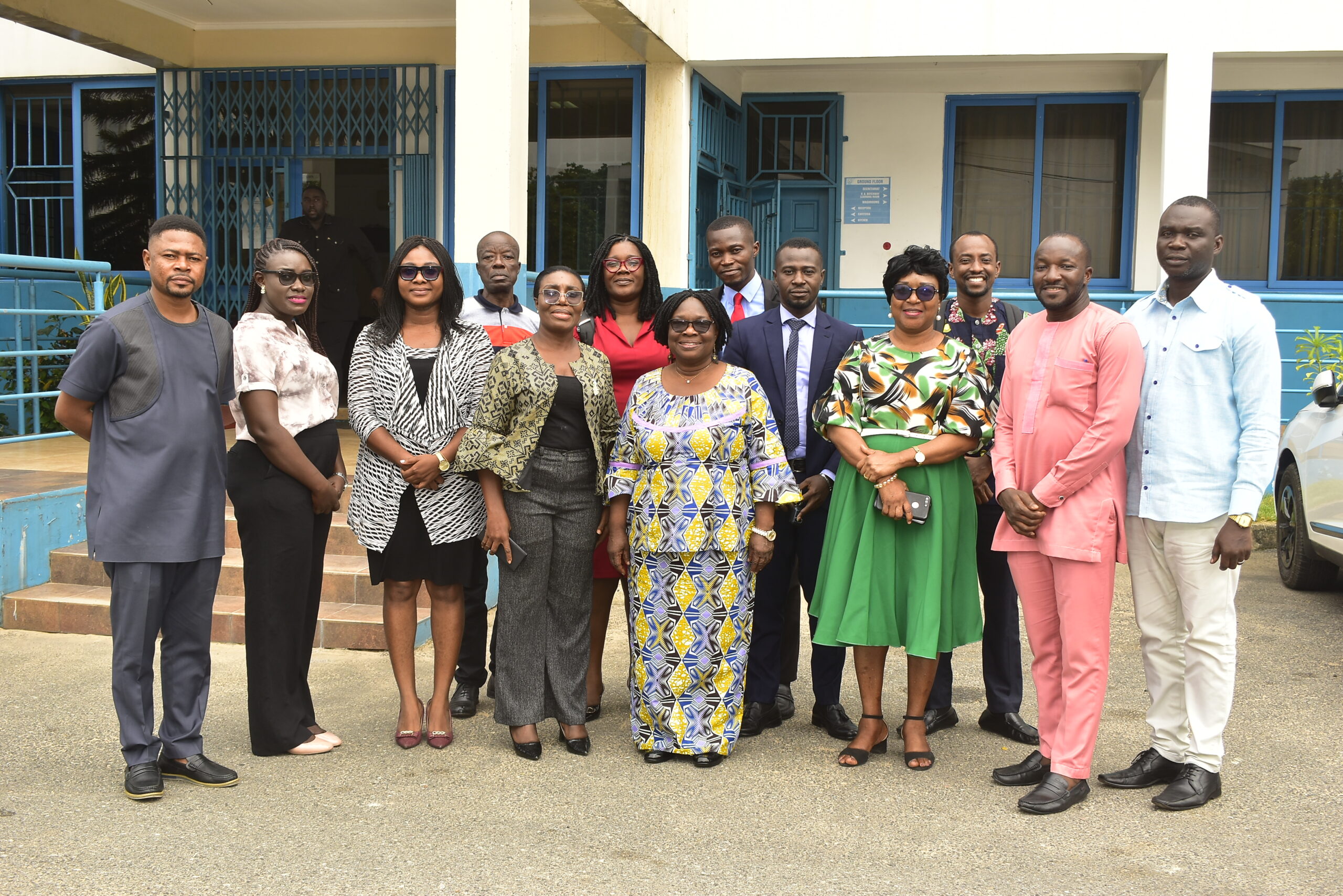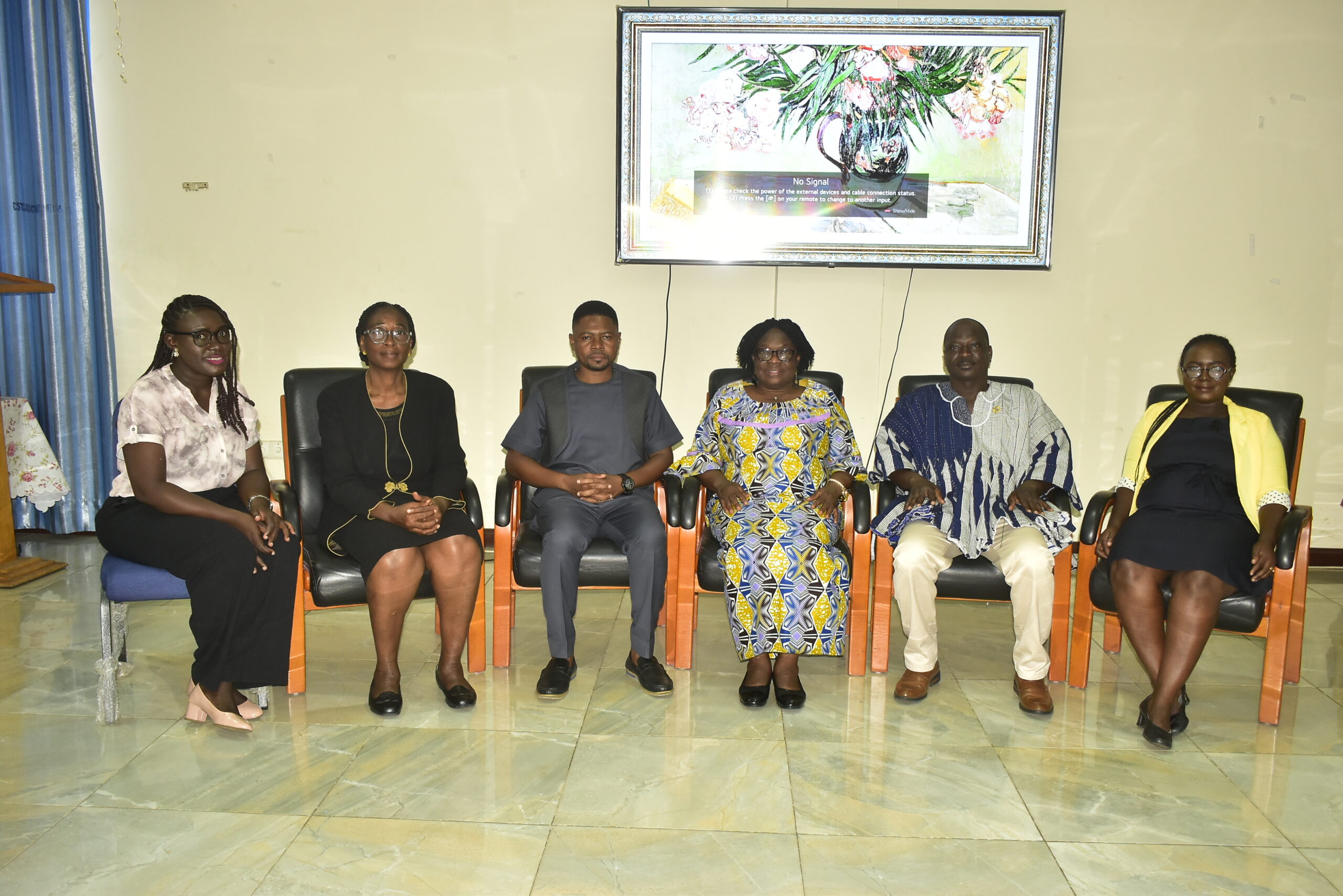About Us
The OAG is the statutory body charged through its establishment law–the Presidential (Transition) Act 2012, Act 845–to manage the smooth transfer of reigns of democratic governance from one administration to another in Ghana.
That mandate requires the OAG to maintain a National Register of all state assets and properties, to make recommendations to government and to contribute to national policy formulation.
PROFILE OF OAG
History of OAG
Missions, Visions & Core Values
Management
History of OAG

History of OAG
Until the enactment of the Presidential (Transition) Act, 2012 (Act 845), there was no legal blueprint that governed the transition of political power in the country. The Presidential (Transition) Act, 2012 (Act 845) was therefore enacted to establish arrangements for a smooth political transfer of administration from out-going democratically elected President and to provide for related matters.
The law was first used in the 2012/2013 transition where the incumbent President handed over power to himself. There were some challenges even though generally the process was smooth. Fears had been expressed early in the lead up to the 2016/2017 transition with calls from stakeholders for a review of the transition process. The Institute of Economic Affair (IEA), together with the Attorney-General’s Office, proposed reforms in the form of a draft Bill to fine-tune the Transition Act. However, the Bill did not receive Presidential assent.
The Presidential Transition Law, therefore, had its real test in the 2016/2017 transition process when power was handed over from one political party to another. The transition experienced some hiccups with claims and counter claims such as forced evictions and seizure of vehicles by the two major political parties.
The essence of presidential transition is to orchestrate a smooth transfer of executive power from one democratically elected President to another democratically elected President, especially where it involves the transfer of government from one administration drawn from one political party to another administration drawn from a different political party.
Antagonism and mistrust have over the years resulted in acrimonious transitions from an outgoing government to an incoming government. Efforts have been made from several quarters to forestall these happenings in future transitions. It began with the introduction of the Presidential (Transition) Act, 2012 (Act 845).
The 2016/2017 transition process had its fair share of hiccups. A review brought out several issues. The handing-over notes played a huge role in the transition process. The lapses in the law were identified as a major determinant of the outcome of the transition. The lack of resources to the Office of the Administrator-General which is central to the transition process had its toll on the outcome of the process.
For Ghana’s transition process to be effective, the Presidential (Transition) Act, 2012 (Act 845) is being amended to address the loopholes identified.
Management

OAG Management Team
Guiding Principles
WHAT WE BELIEVE….
Our Mission
The Office of the Administrator-General (OAG) exists to facilitate the orderly transfer of all official Assets, Properties and Handing-Over Notes from the appointees of the outgoing Government to the incoming administration, by providing technical and professional support services to the Transition Team through the implementation of appropriate systems and procedures based on international best practices.
Vision
Smooth political transfer of administration from the outgoing President to another elected President in a peaceful and stable democratic Ghana.
Our Core Values
- Political impartiality
- Transparency
- Accountability
- Tolerance
- Prompt delivery of service.
Office Location
The Christiansburg Castle, Osu, Accra – Ghana.
Open Hours
M-F: 8am – 5pm
info@oag.gov.gh


